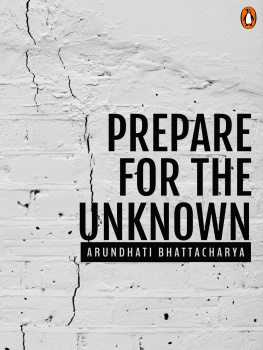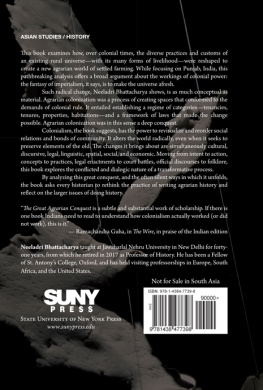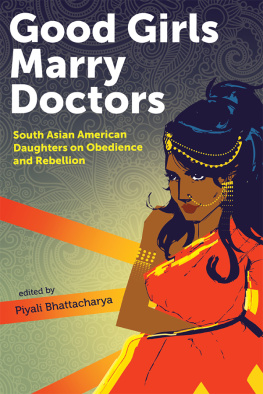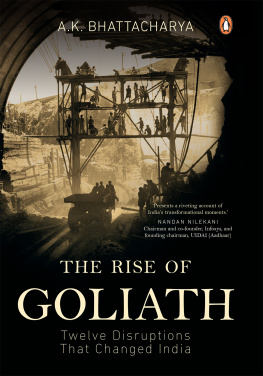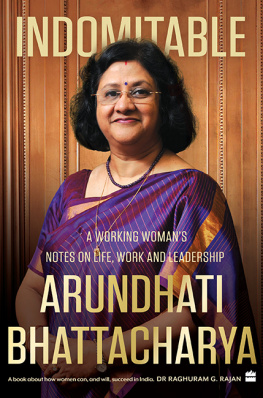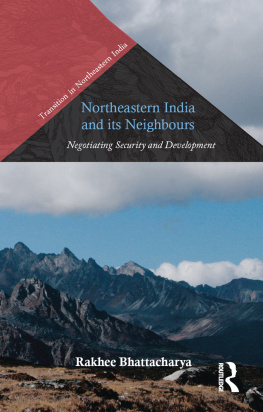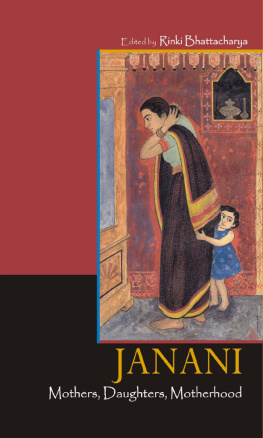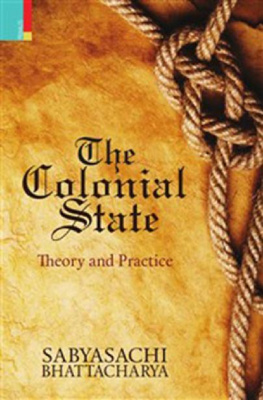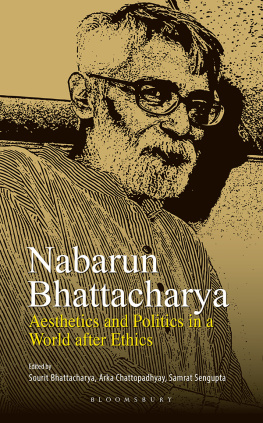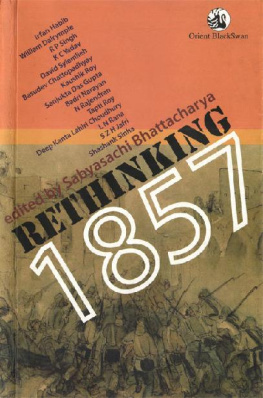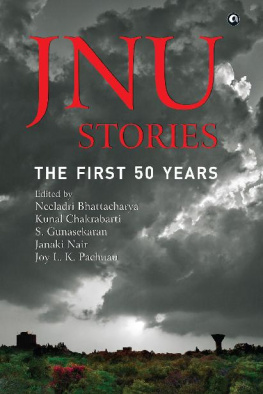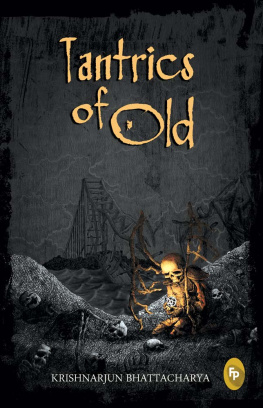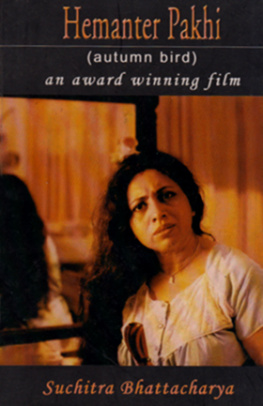Arundhati Bhattacharya
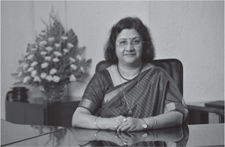
A passionate banker who takes complete ownership and pride in whatever she does and with a career of over thirty-seven years with the State Bank of India (SBI), Arundhati Bhattacharya has many amazing firsts to her name. She is the first woman chairman of the 209-year-old SBI, a Fortune 500 company. She is the only Indian banker featuring in the list of 100 most important active public intellectuals, The Leading Global Thinkers of 2014. She is the only banker to be simultaneously recognized as the Most Powerful Woman in India by Business Today, Forbes Asia and Bloomberg, apart from being crowned as an outstanding leader by CNBC-TV18. She is the only Indian banker to be on the board of fourteen SBI associates and subsidiaries (including the SBI), six financial institutions and on eleven committees formed by the Government of India to promote country-to-country business initiatives among others. Arundhati is the only public-sector banker to have been awarded EY Entrepreneurial CEO of the Year.
Arundhati joined the SBI in 1977 as a probationary officer (PO), and since then has risen through the ranks to become the chairman of this iconic institution. Under her stewardship, the bank has relentlessly focused on raising risk awareness, assessment, mitigation and monitoring systems. Her other area of particular attention has been technology, where she leads the digital transformation of the bank. This has resulted in multiple new initiatives for extending product ranges and upgrading processes and IT infrastructure. She was also instrumental in the launch of mobile banking in the bank, where the SBI is now a market leader. Interestingly, the SBI is the only bank in India that has rolled out pan-India digital branches till date to offer seamless banking to its customers.
With Arundhati at the helm, the bank has received a record number of twenty-four awards in the last eighteen months, many of which again are firsts to its name. The bank is now the proud recipient of the Best Emerging Market Banks in AsiaPacific, Best Public Sector Bank, Brand of the Year and the Golden Peacock for Corporate Social Responsibility. to name a few.
As the head of new businesses, Arundhati helped to establish some of the most prominent joint ventures for the bank, including the alliance with the Insurance Australia Group for general insurance, Macquarie for private equity and SocieteGenerale for custodial services. A stint in the SBIs New York office also saw Arundhati overseeing external audit and correspondent relations.
A postgraduate from Jadavpur University, West Bengal, Arundhati is closely associated with various initiatives in the field of education, health and empowering the challenged and differently abled with the aim of integrating them in the society. Soon after assuming the present assignment as chairman, Arundhati has introduced sabbatical leave for women employees to meet their special needs.
Arundhati Bhattacharya
Esteemed Mr Ajit Balakrishnan, chairman, board of governors, IIM Calcutta, Professor Saibal Chattopadhyay, director, IIM Calcutta, members of the board of governors, distinguished guests, faculty and staff members and, above all, the graduating students, their families, friends, respected members of the media, ladies and gentlemen, it is my honour to stand among such eminent people and be a part of the celebration this convocation represents.
Interacting with students and the youth is always an enriching experiencetheir ideas, their passion and their zeal and willingness to take on challenges are very energizingand it enthuses us in the firm belief that the future is in capable hands. As you all stand on the cusp of moving on from campus life to the real world, I am sure that there is some amount of apprehension in your mindsit is but natural as you will be moving out of your comfort zones to still-unexplored territory. Like leaving home for campus and hostel life, this is but the next stage of your journey on lifes curve. I experienced the same tentativeness when I left college to join the SBI and I am sure your seniors have felt the same and so will the future generation. But I am confident that your teachers and mentors, duly supported by your parents and friends, have taught you well and the grooming, the knowledge and the skills imbibed by you all will be infallible tools in helping you face whatever challenges the world has to throw at you. And, believe me, you will make your mark in your chosen fields and make yourself, your institution and your parents proud.
Todays world is one where change is the only constant. We are experiencing this change at every moment. And each change impacts us in various degrees and at various levels. The world is now closely integrated and, like Edward Lorenzs Butterfly Effect (a hurricanes formation being contingent on whether or not a distant butterfly had flapped its wings several weeks earlier), the slightest of changes may impact us in myriad ways. Therefore, preparedness for the unknown is a sine qua non. While you have been suitably tutored on preparedness, I would like to share with you some essential tenets I have gathered from my experience, the three Cs of a winners checklist, which have continued to give me the strength, conviction and courage to face up to any challenge.
The first of these Cs is creativity. Creativity involves tuning our innovative and imaginative ideas into reality. Creativity is reflected when you see the world in new ways, to perceive the hidden patterns, to establish connectivity between seemingly unrelated phenomena and to generate solutions. In the words of George Bernard Shaw, You see things; and you say, Why? But I dream things that never were; and I say, Why not?
Creative people have new ideas and new ways of looking at old problems. New ideas mean a willingness to adapt and change and also be a harbinger of change. In the words of Steve Jobs, Creativity is just connecting things. When you ask creative people how they did something, they feel a little guilty because they didnt really do it, they just saw something. It seemed obvious to them after a while.
The question that I am sure must be on your minds now iscan creativity be learned? The short answer is yes. We humans are naturally creative, and creativity is a skill that can be developed and a process that can be managed. Creativity begins with a foundation of knowledge, learning a discipline and mastering a way of thinking. While this institute has provided you with the knowledge and the skill sets, you need to sharpen your ability to look at things in a different dimension. You can do this by provoking unorthodox responses, exploring different ideas and perspectives, questioning assumptions and challenging common wisdom, using imagination to draw connections between unrelated fields.
Creativity makes one grow and gives confidence. More importantly, it keeps boredom away. Ennui and inertia have no place in the life of creative person. The belief that one should be talented and gifted to be creative is a misplaced notion. Creativity is a latent attribute in every individual. No one reached high levels of achievement in their field without devoting thousands of hours to serious training. Mozart trained for sixteen years before he produced an acknowledged masterpiece. In the words of Pablo Picasso, Every child is an artist; the problem is staying an artist when you grow up.

